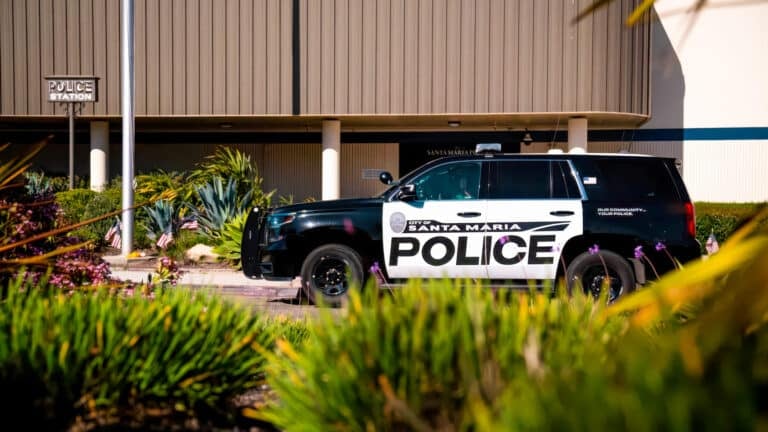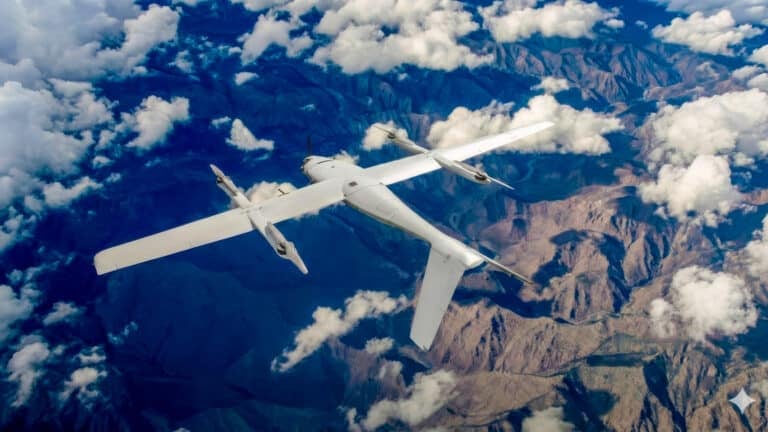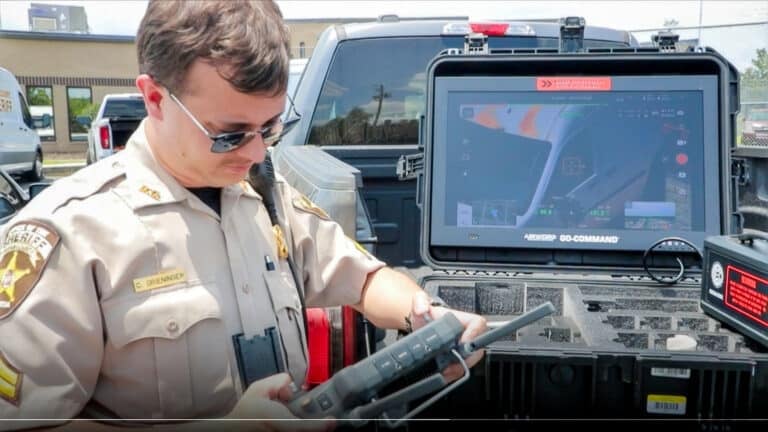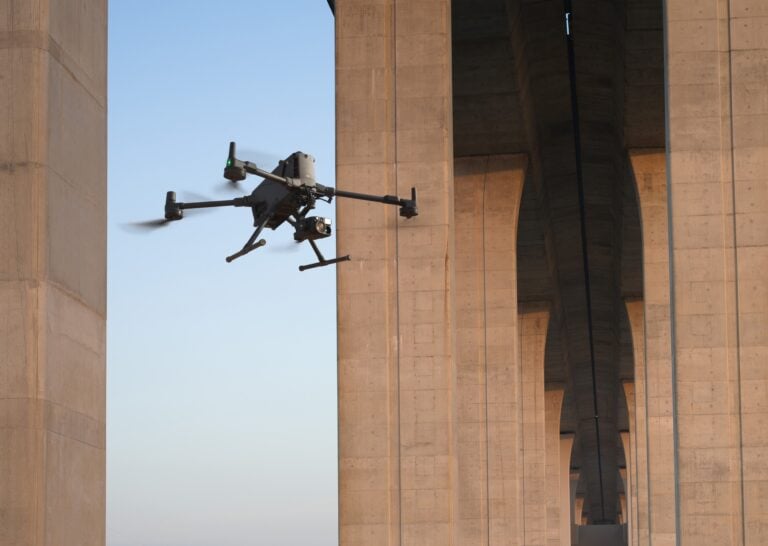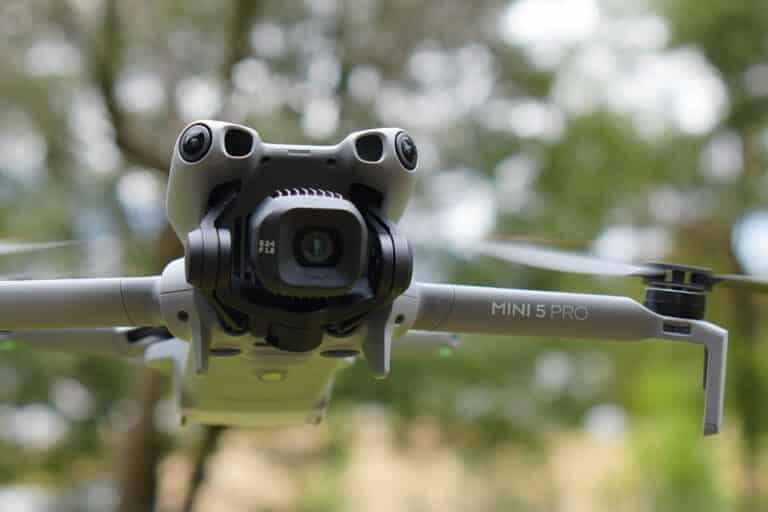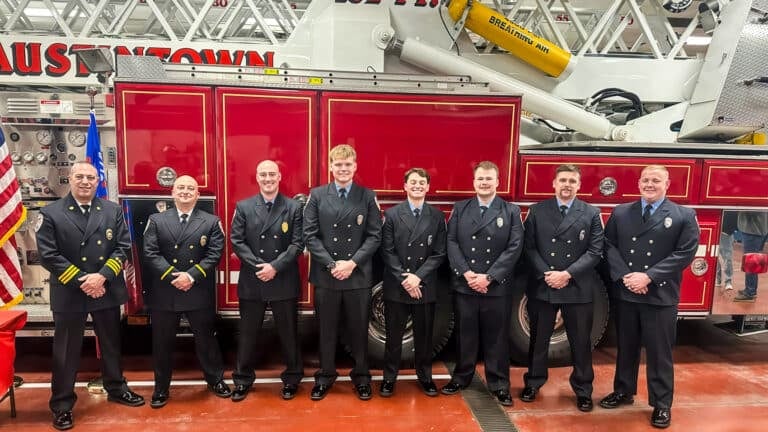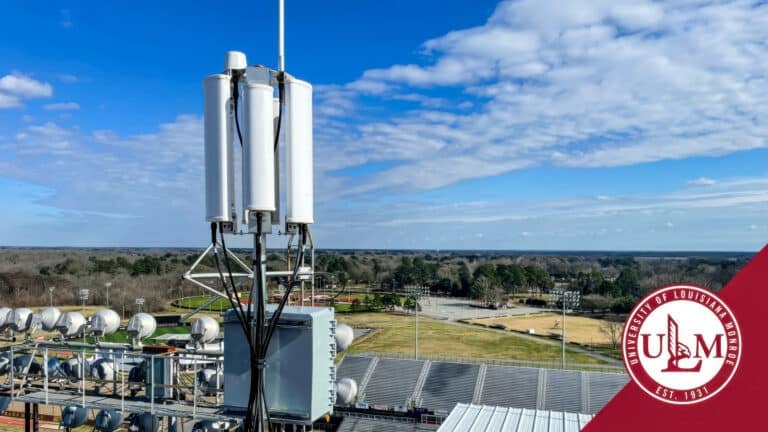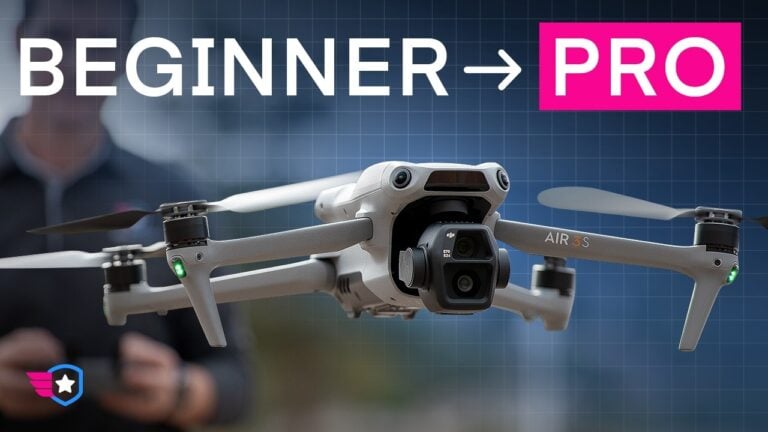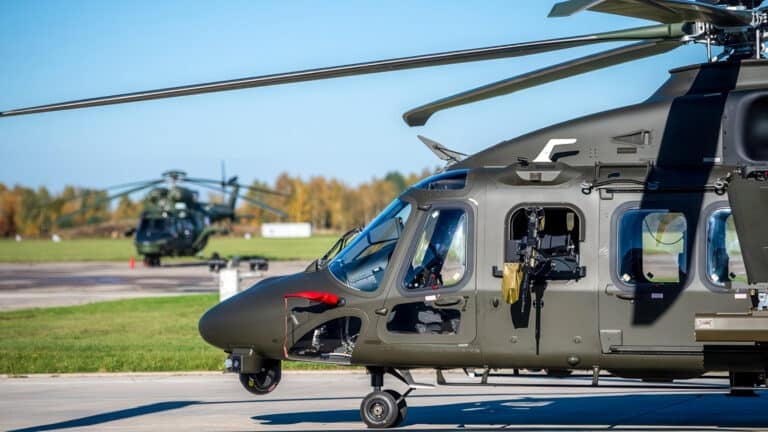Ann Arbor’s Drone Policy Takes Flight: Balancing Innovation and Privacy
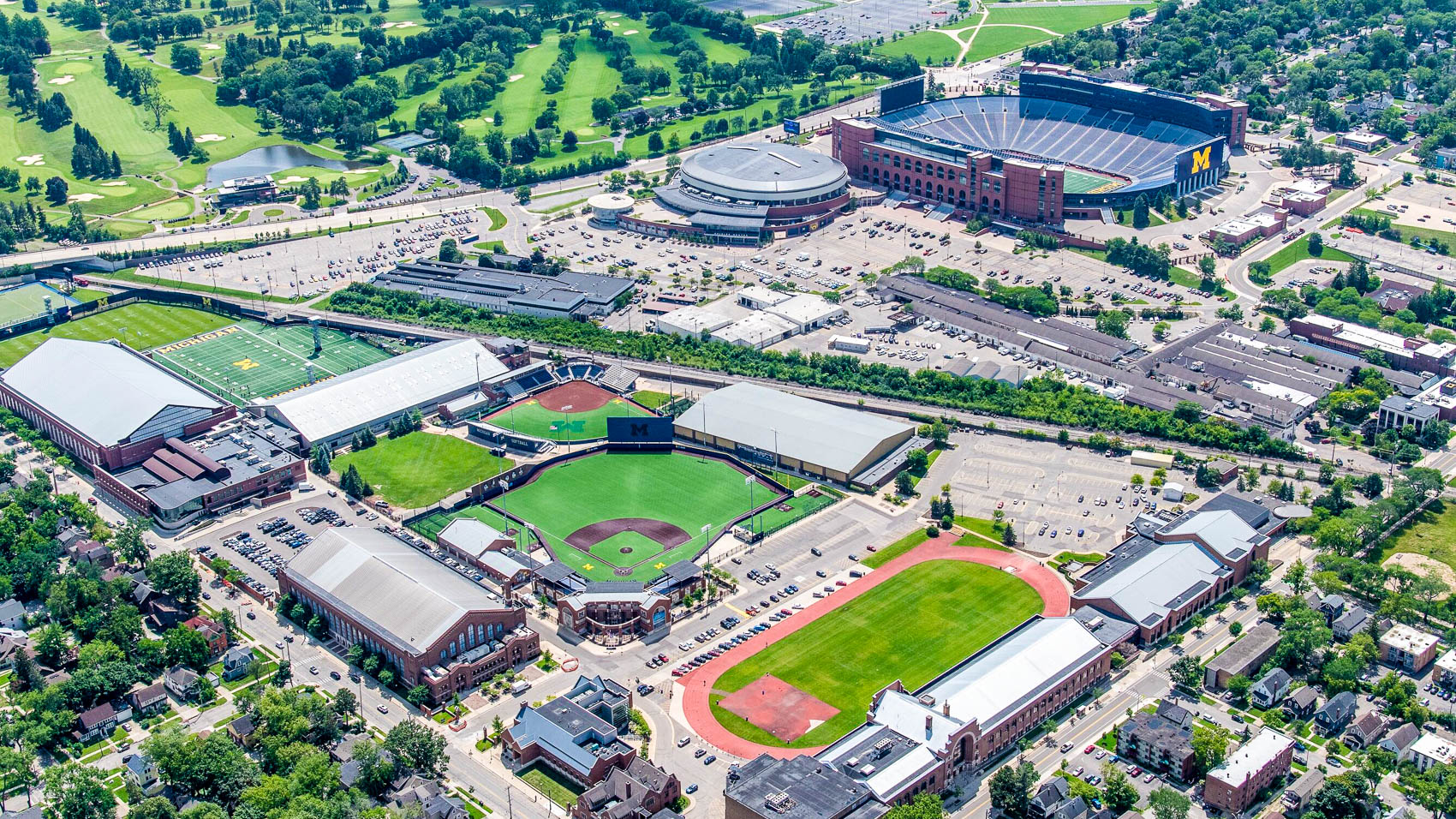
Check out the Best Deals on Amazon for DJI Drones today!
Buckle up, DroneXL readers, because Ann Arbor is about to set the skies straight with a new municipal drone policy! The City Council is poised to greenlight rules for how city officials can use Unmanned Aircraft Systems (UAS), ensuring drones soar responsibly without snooping on residents. With privacy concerns front and center, this policy, shaped by ACLU guidance, aims to keep Ann Arbor’s drone use transparent and accountable. For drone enthusiasts itching to see how cities navigate the buzzing world of UAS, this is a big moment. Let’s dive into what Ann Arbor’s doing, why it matters, and how it stacks up against other drone stories we’ve covered.
What’s the Deal with Ann Arbor’s Drone Policy?
Ann Arbor’s City Council is expected to adopt a policy governing municipal drone use, a move driven by the need to balance innovation with privacy protections.
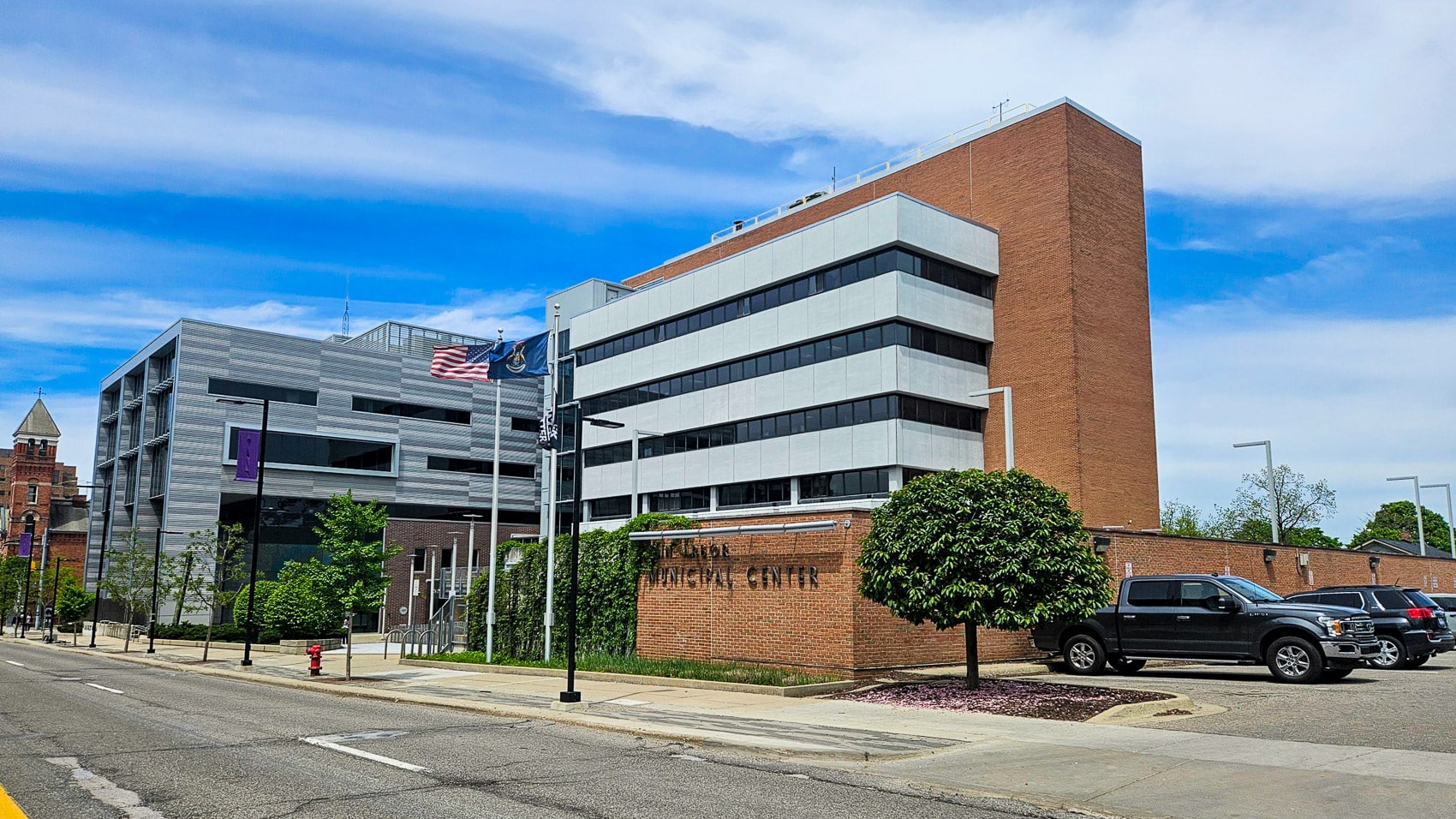
While the Federal Aviation Administration (FAA) regulates drone operations nationwide, local governments like Ann Arbor are stepping up to define specific do’s and don’ts to prevent misuse. Mayor Pro-Tem Travis Radina, a key advocate, emphasized accountability, saying the policy ensures
“Council is accountable for the use of these drones in the city, whether that’s for something as innocuous as surveying our city parks or using it in circumstances of emergencies.”

The policy draws heavily on guidance from the American Civil Liberties Union (ACLU), which pushes for strict oversight to safeguard civil liberties.
The policy outlines clear boundaries. Acceptable uses include practical tasks like surveying city parks, inspecting infrastructure, or aiding in emergency situations—think search-and-rescue or disaster response. But it slams the door on sketchy practices.
Drones can’t be weaponized, used for random surveillance to catch crimes by chance, or deployed to monitor activities protected by the U.S. and Michigan Constitutions, like free speech or assembly. This focus on privacy responds to growing concerns about government overreach, especially as drones become cheaper and more common.
By setting these rules, Ann Arbor aims to harness drone tech for public good while keeping Big Brother vibes at bay.

The policy’s timing is spot-on. Drones are popping up in municipal toolkits nationwide, from mapping urban sprawl to monitoring traffic. Ann Arbor’s move reflects a broader trend: cities crafting local policies to complement FAA regulations, which focus on airspace safety but don’t dive deep into privacy or ethical use. Radina’s push for ACLU-aligned rules shows Ann Arbor’s trying to get ahead of potential backlash, ensuring drones serve the community without sparking distrust. It’s a pragmatic step for a city known for its progressive bent and tech-savvy residents.
How It Compares to Other Drone Stories
Ann Arbor’s drone policy is a far cry from the high-octane drone tales we’ve covered lately. Unlike BAE Systems’ TRV-150, which fired missiles with pinpoint precision in Utah trials, Ann Arbor’s drones are about as tame as a park pigeon. They’re also not hunting WWII bombs in Mer Bleue Bog. Instead, Ann Arbor’s focus is grounded—literally—in municipal tasks like surveying green spaces or aiding first responders.
What links Ann Arbor to these stories is the bigger picture: drones are reshaping how we tackle problems, from warfare to wildlife. Ann Arbor’s not just using drones—it’s setting rules to keep their use ethical. It’s less about flashy tech and more about ensuring drones don’t trample on residents’ rights.
Compare this to other cities’ drone programs, and Ann Arbor’s approach stands out for its privacy-first stance. Some cities, like Chula Vista, California, have faced pushback for police drone programs that critics say lack transparency. Ann Arbor’s ACLU-guided policy aims to avoid those pitfalls, mandating clear limits and council oversight. It’s a model that could inspire other municipalities grappling with how to integrate drones without alienating residents. The policy’s emphasis on banning weaponized drones or random surveillance also sets a higher bar than some cities, where vague rules leave room for abuse.
The Catch
No policy’s perfect, and Ann Arbor’s drone rules have their challenges. For one, enforcement’s a question mark. How will the city ensure municipal drones stick to the script? Oversight relies on the Council, but without clear mechanisms—like public reporting or audits—it’s hard to know if violations will be caught. Privacy protections sound great, but drones’ high-res cameras can still capture unintended footage, raising questions about data storage and deletion. The policy doesn’t detail how long footage is kept or who gets access, which could spark concerns down the line.
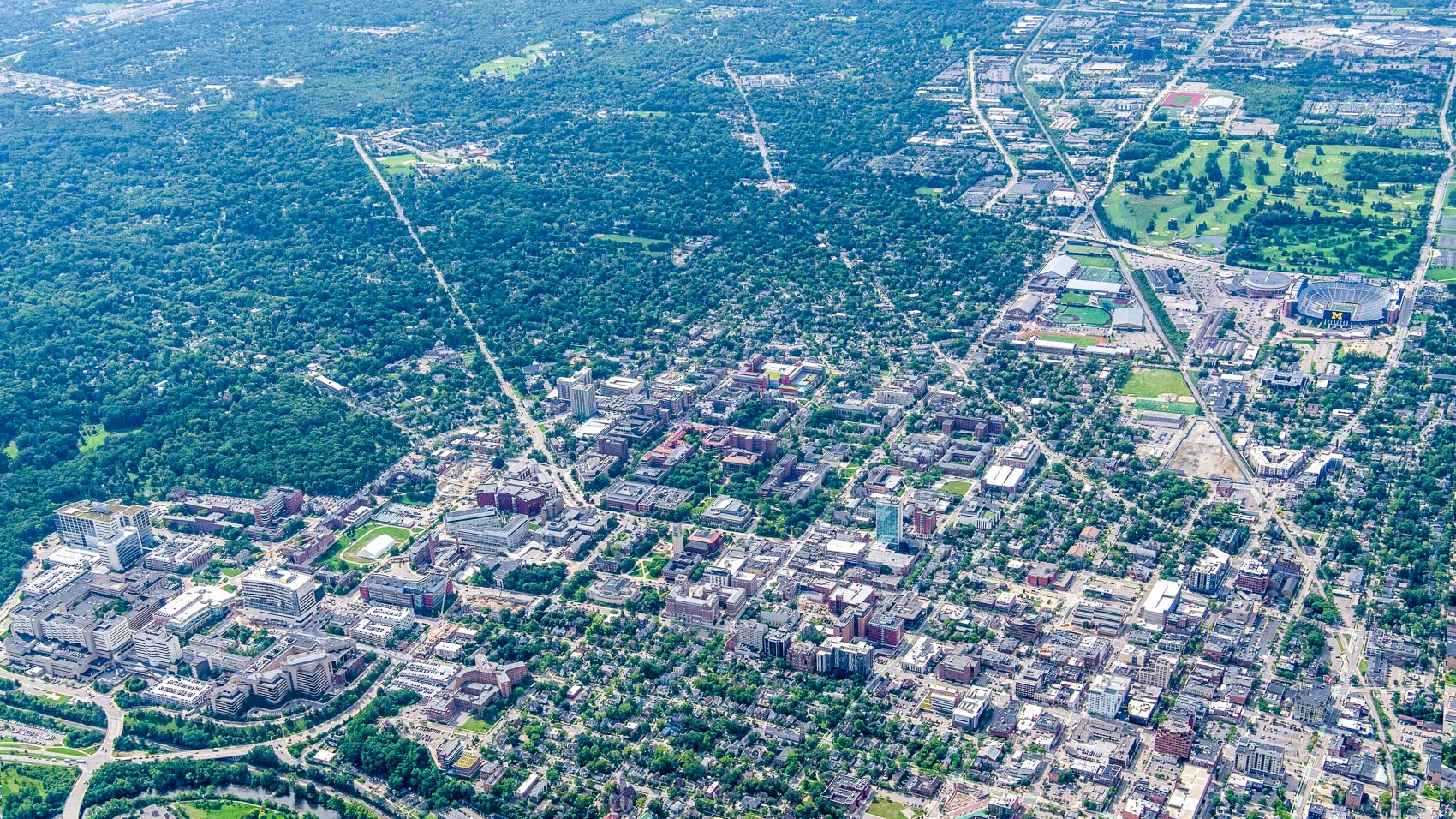
Then there’s the scope. The policy only covers municipal drones, not private or commercial ones, which are also regulated by the FAA but can still raise privacy issues. Ann Arbor’s a college town with plenty of hobbyists and businesses flying drones—think real estate firms or delivery startups. Without broader local rules, residents might still feel watched, even if the city’s drones play nice. Plus, the policy’s focus on emergencies opens a gray area. What counts as an “emergency”? A loose definition could stretch the rules, letting drones fly in ways residents didn’t expect.
Cost is another hurdle. Drones for surveying or emergencies aren’t cheap, and training pilots adds to the tab. A 2025 council resolution proposed banning drone purchases with the 2026 budget, suggesting some members—like Radina himself—are wary of spending. If funding’s tight, the program might stall, limiting its impact. Balancing ambition with budget realities will be key to making this policy more than just words on paper.
DroneXL’s Take
As a drone pilot who’s dodged branches and wrestled with FAA rules, I’m stoked about Ann Arbor’s drone policy. It’s not the sexiest drone story—no missiles or marathon flights—but it’s real-world stuff that hits home. Setting clear rules for municipal drones shows Ann Arbor’s thinking hard about how to use this tech without creeping people out. The ACLU nod is a smart move; it’s like putting a “we’re not spying” sign on every drone. Compared to the TRV-150’s battlefield bravado, this is drones growing up, fitting into city life with guardrails.
That said, I’m curious how they’ll enforce this. I’ve flown enough to know cameras catch more than you plan—will the city scrub footage fast to avoid privacy snafus? And what about those emergency calls? I’ve seen “urgent” get stretched in other drone programs, so Ann Arbor needs to keep that definition tight. The ban on weaponized drones is a no-brainer, but I’d love to see more on how they’ll handle data. If they nail the oversight, this could be a blueprint for cities everywhere. It’s a reminder that drones aren’t just toys or weapons—they’re tools that need rules to work right. What do you think—will Ann Arbor’s policy keep drones in check? Drop your thoughts in the comments and let’s get this buzzing!
Why It Matters
Ann Arbor’s drone policy isn’t just a local story—it’s a snapshot of how cities are grappling with a drone-filled future. As UAS become staples in everything from urban planning to disaster response, balancing their benefits with privacy risks is a tightrope walk. Ann Arbor’s approach, with its ACLU-backed limits and focus on accountability, could inspire other cities to follow suit. It’s a test case for how to integrate drones into public life without sparking distrust or overreach.
For DroneXL readers, this is a chance to see drones through a new lens—not as battlefield beasts or wildlife watchers, but as everyday tools needing careful governance. Ann Arbor’s policy shows that even mundane drone uses, like park surveys, can raise big questions about freedom and oversight. As more cities adopt drones, policies like this will shape how we coexist with them. So next time you spot a drone over Ann Arbor’s parks, know it’s flying under rules meant to keep the skies friendly. Let’s keep an eye on how this plays out—could be a model for the drone world we’re all heading toward.
Photographs courtesy of Ann Arbor District Library
Discover more from DroneXL.co
Subscribe to get the latest posts sent to your email.
Check out our Classic Line of T-Shirts, Polos, Hoodies and more in our new store today!

MAKE YOUR VOICE HEARD
Proposed legislation threatens your ability to use drones for fun, work, and safety. The Drone Advocacy Alliance is fighting to ensure your voice is heard in these critical policy discussions.Join us and tell your elected officials to protect your right to fly.
Get your Part 107 Certificate
Pass the Part 107 test and take to the skies with the Pilot Institute. We have helped thousands of people become airplane and commercial drone pilots. Our courses are designed by industry experts to help you pass FAA tests and achieve your dreams.

Copyright © DroneXL.co 2026. All rights reserved. The content, images, and intellectual property on this website are protected by copyright law. Reproduction or distribution of any material without prior written permission from DroneXL.co is strictly prohibited. For permissions and inquiries, please contact us first. DroneXL.co is a proud partner of the Drone Advocacy Alliance. Be sure to check out DroneXL's sister site, EVXL.co, for all the latest news on electric vehicles.
FTC: DroneXL.co is an Amazon Associate and uses affiliate links that can generate income from qualifying purchases. We do not sell, share, rent out, or spam your email.




